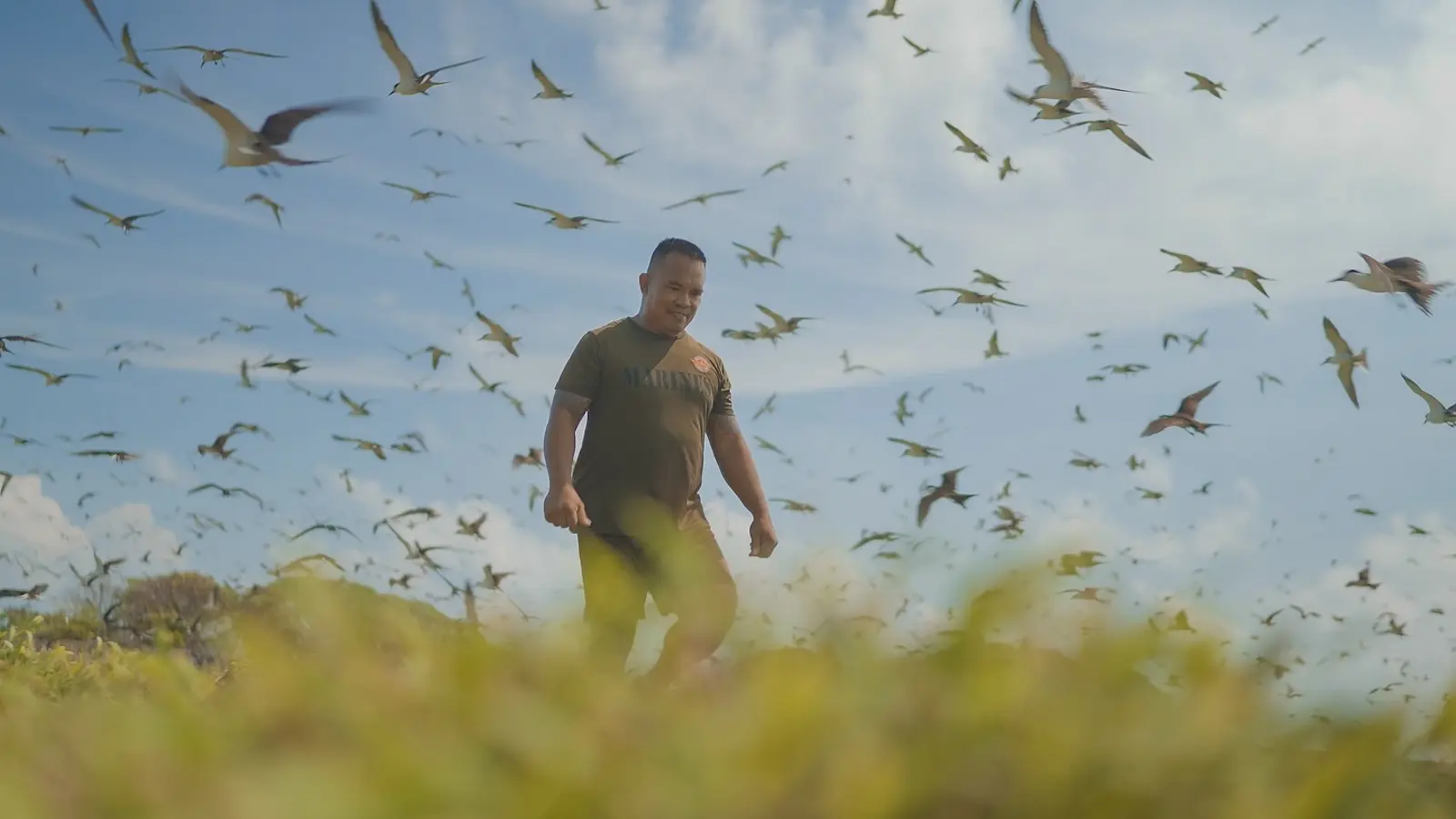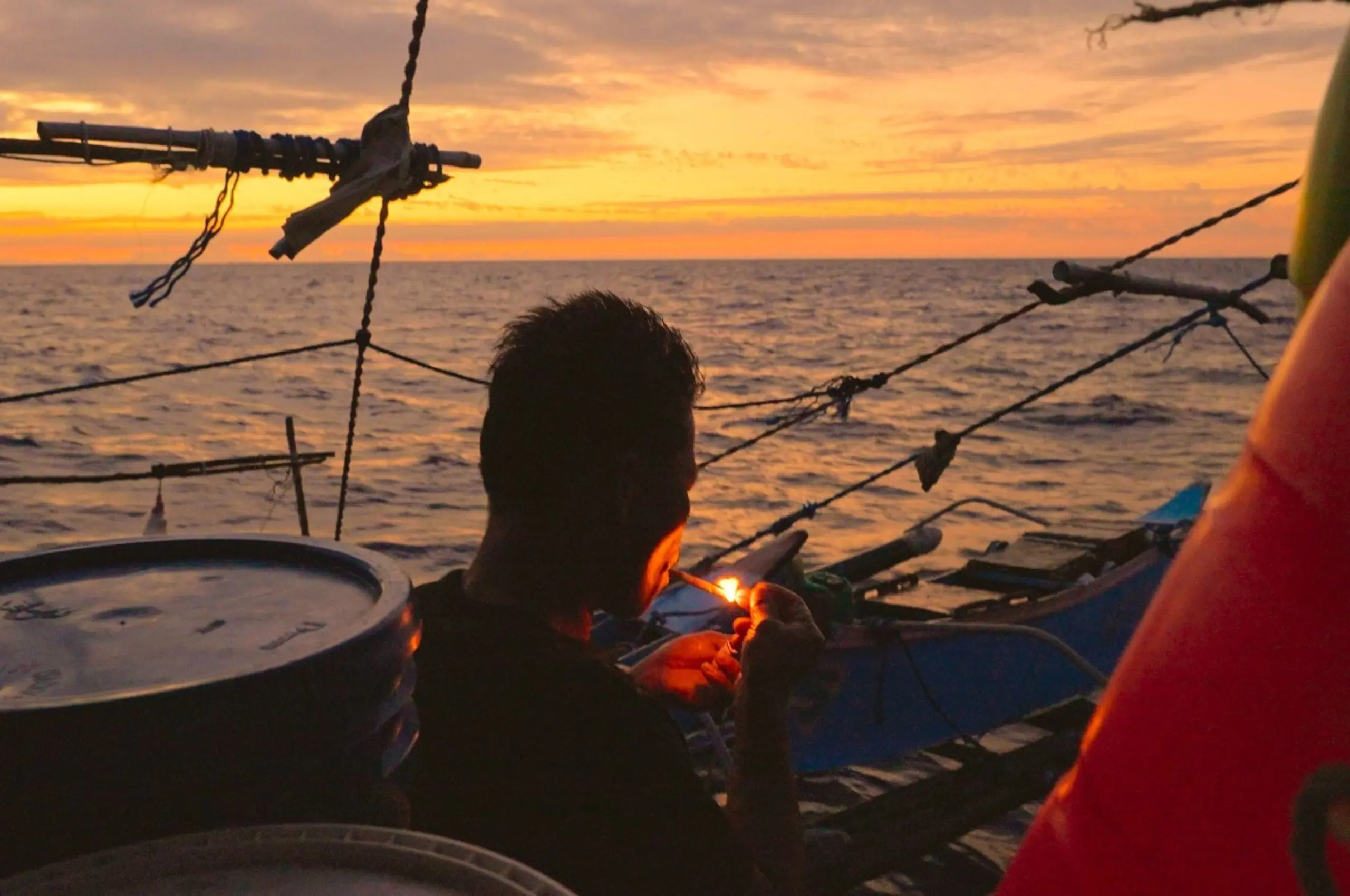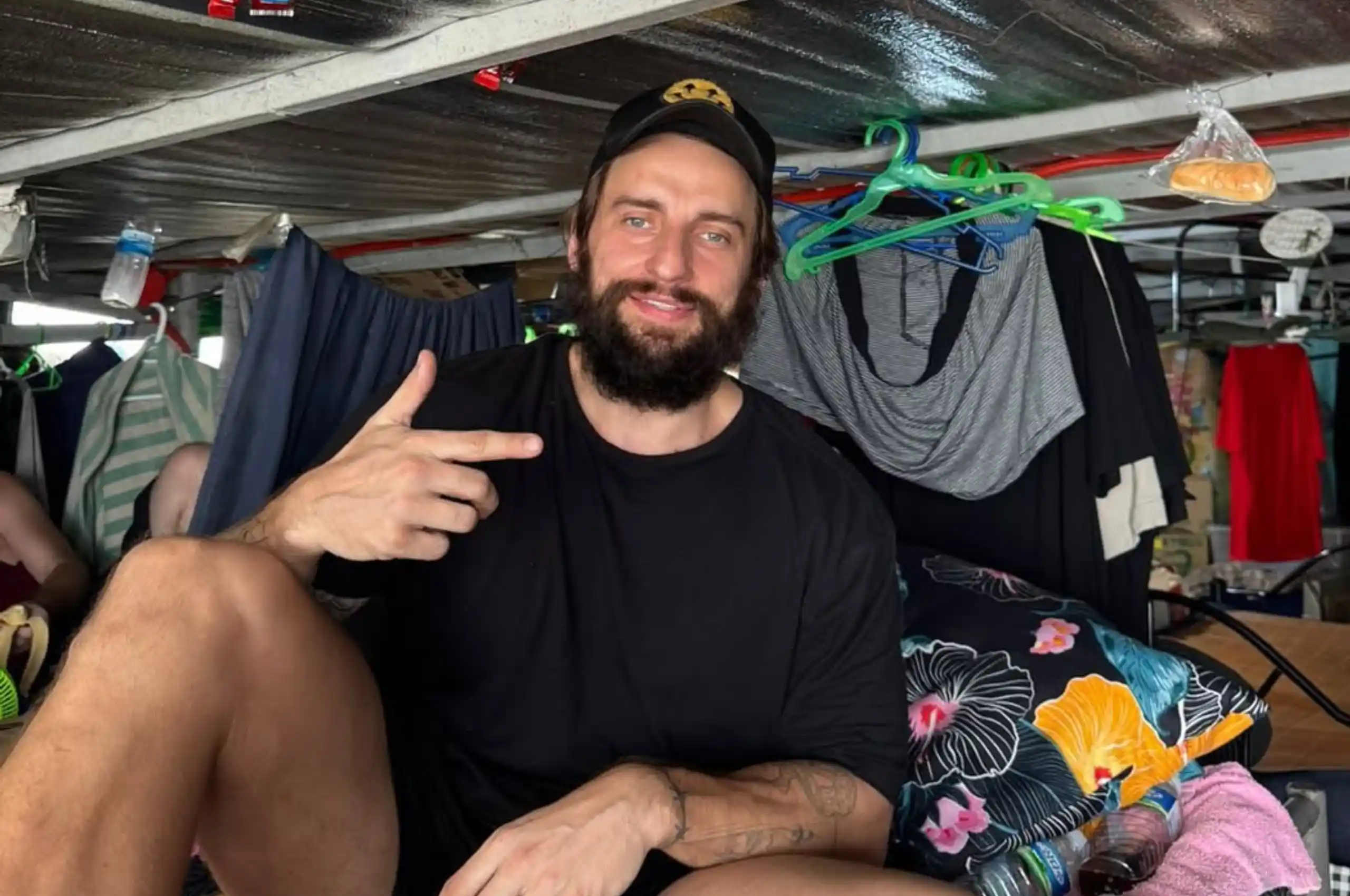On Monday, June 30, the Baby Ruth Villarama-led documentary Food Delivery: Fresh from the West Philippine Sea made its global premiere at the Doc Edge Festival in Auckland, New Zealand. The film follows the Philippine Navy and coast guard (PCG) on resupply missions around the Spratly Islands, where soldiers are holding ground to assert the country’s sovereignty, as well as a group of Zambales-based fishermen taking nets to the disputed West Philippine Sea in hopes of a catch.
The global premiere comes on the heels of the documentary’s unexpected pullout from the Puregold CinePanalo Film Festival in March this year, for which the festival’s organizers did not give a reason.
“We hope this world premiere marks the beginning of a new chapter, one where the film can finally do what it was meant to do: open hearts, spark honest dialogue, and help us imagine a path toward peace in the West Philippine Sea,” Villarama told Rolling Stone Philippines in May.
One of the fishermen whom the film highlights is Arnel Satam, who made national headlines for taunting China Coast Guard (CCG) in the waters of Scarborough Shoal in September 2023. The documentary followed Satam on his fishing boat and around Subic with his family, who have been helping him navigate a slew of medical problems he can barely afford to treat.
The film also showed a larger group of fishermen taking their boat out to sea to search for four other fisherfolk who have been missing since December 2024. Some of them voiced doubts about the survival of their missing peers, while others hoped that the Vietnam Coast Guard or even the CCG would save them. Between fishing trips and search operations, the fishermen lament low sales and being unable to break even as the government pursues more imports.

Food Delivery isn’t the first opportunity where fishermen have had to share their stories. In a House hearing in July 2024, a fisherman named Henrelito Empoc said that fishermen only had to spend P70,000 to P80,000 for trips to Scarborough Shoal, from which fishermen are typically able to fish skipjack tuna. The cost included fuel, ice, and other fishing resources. With the increased presence of CCG in the area, however, each fishing operation cost P200,000 as Filipino fishermen sought their catch in other places.
The fishermen also reported that the CCG destroyed their fish aggregating devices, floating objects with nets that help them catch more fish. “They’re deliberately destroying the resources there so that Filipinos, particularly our fishermen, will have no reason to go there anymore,” said Institute for Maritime Affairs and Law of the Sea Director Jay Batongbacal.
The Peoples Development Institute also said that families of fisherfolk are being “pushed deeper into poverty due to China’s encroachments.”






